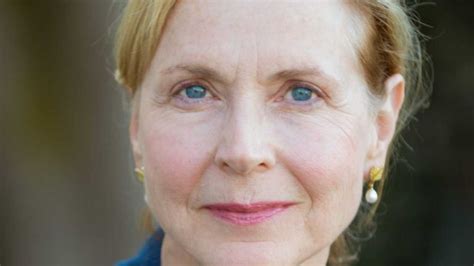A Quote by Pat Barker
When writing about historical characters I try to be as accurate as possible, and in particular not to misrepresent the view they held. With a real historical figure you have to be fair, and this is not an obligation you have in dealing with your own creations, so it is quite different.






































